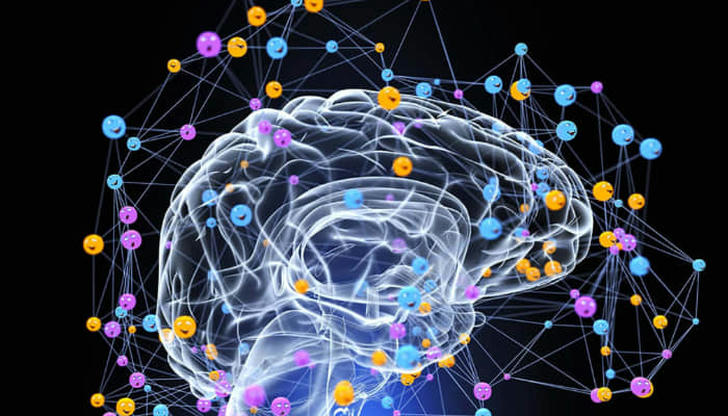What Are The Health Benefits Of Drinking Coffee?

Coffee, the aromatic elixir that jumpstarts countless mornings, holds more power than just that satisfying first sip. Studies reveal a surprising range of health benefits associated with moderate coffee consumption, making it more than just a delicious pick-me-up.
Sharpening Your Mind

Coffee's most celebrated benefit is its energizing effect. This magic lies in caffeine, a stimulant that targets the central nervous system. Caffeine blocks receptors for adenosine, a neurotransmitter that promotes drowsiness. The result? Increased alertness, sharper focus, and enhanced cognitive function. Research even suggests that coffee can improve memory, reaction time, and overall brain performance, making it a valuable tool for students, professionals, and anyone seeking a mental edge.
Brewing Protection Against Chronic Diseases

Beyond the immediate energy boost, coffee consumption may offer a shield against chronic diseases. Studies suggest that moderate coffee drinkers might have a less likely chance of developing type 2 diabetes, a condition where the body struggles to regulate blood sugar. Coffee may also play a role in protecting brain health. Research indicates a possible link between coffee consumption and a reduced risk of neurodegenerative diseases like Parkinson's and Alzheimer's, which are associated with progressive decline in cognitive function. The benefits extend further, with studies suggesting that coffee may offer protection against liver diseases and even liver cancer.
Physical and Emotional Benefits

The good news doesn't stop there. Coffee consumption may improve physical performance by increasing fatty acid breakdown and enhancing muscle contractions, giving athletes a potential edge. Coffee's mood-lifting properties are another perk. Studies suggest that coffee drinkers experience lower rates of depression and may benefit from an overall boost in well-being. Some studies even suggest that coffee may help with asthma management and reduce the risk of gout attacks.
Aiding the Body's Defense System

Coffee is a rich source of antioxidants, which are compounds that help protect cells from damage caused by free radicals. These free radicals contribute to the aging process and the development of chronic diseases. The antioxidants in coffee may help reduce inflammation and boost the immune system, potentially lowering the risk of certain cancers and diseases.
Potential Weight Management Benefits

Some studies suggest that coffee may play a role in weight management. Caffeine may increase metabolism, the rate at which your body burns calories. Coffee may also suppress appetite, leading to reduced calorie intake. However, more research is needed to confirm these effects and determine the long-term impact.
Coffee's Effect on Sleep

While coffee can be a great way to start the day, it's important to consider its impact on sleep. Caffeine can disrupt sleep patterns, making it difficult to fall asleep and stay asleep. For this reason, it's recommended to avoid caffeine in the hours leading up to bedtime.
Coffee Metabolism

The way your body metabolizes coffee can affect how you experience its effects. Some people are more sensitive to caffeine than others, and may experience side effects like anxiety or insomnia. The rate at which your body metabolizes caffeine can also vary, depending on factors like age, weight, and genetics. This can explain why some people can power through a late-night study session fueled by coffee, while others become jittery messes after a single cup.
Finding Your Coffee Harmony: How Much is Too Much?

While we've explored the potential benefits of coffee, moderation is key. Here's what to consider:
• The Recommended Intake: The FDA suggests that up to 400 milligrams (mg) of caffeine per day is safe for most healthy adults. This roughly translates to 4 cups (945 ml) of brewed coffee.
• Listen to Your Body: Be mindful of your individual tolerance. If you experience jitters, anxiety, or trouble sleeping, cut back on your coffee intake.
• Consult Your Doctor: If you have any underlying health conditions, discuss caffeine intake with your doctor for personalized advice.
Coffee appears to be more than just a delicious beverage. Research suggests it may offer a range of health benefits, from boosting brainpower to potentially protecting against chronic diseases. However, moderation is essential. Listen to your body, find your coffee sweet spot, and always consult your doctor for personalized advice. So, the next time you raise a mug to that invigorating cup of coffee, remember – you might be brewing up more than just a satisfying morning ritual.
